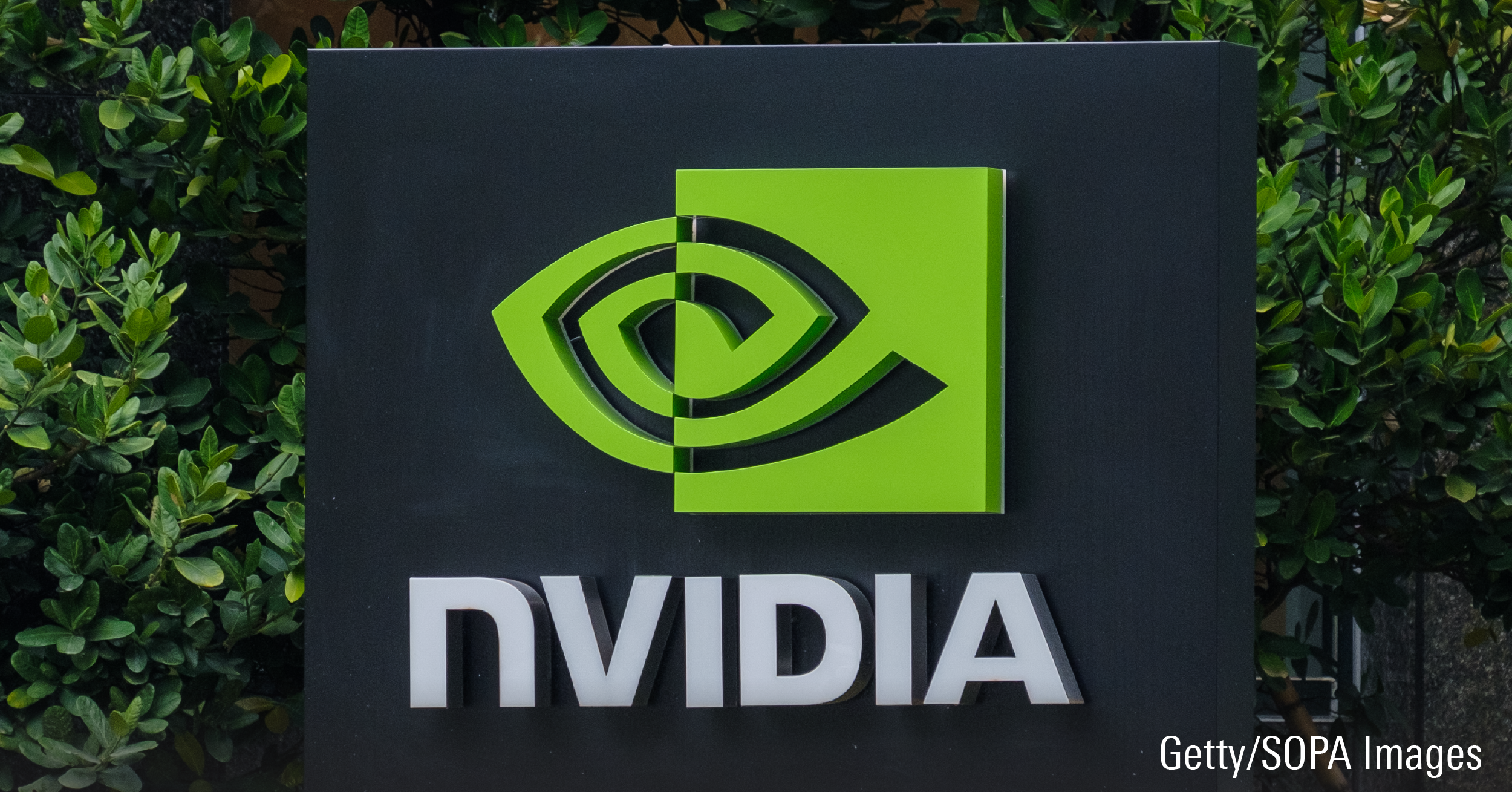Rob Mikalachki, the lead manager of Trimark U.S. Small Companies Class, favours companies that are rich in free cash flow and are "enduringly differentiated from their peers." His reasoning is that even at the worst of times, these companies will be resilient.
Today, however, Mikalachki considers the market climate more attractive than normal for investing. "If your starting point is just a mountain of pessimism," he says, "that's a great time for a discerning value investor to go out there and find 20 companies that are truly different from the crowd and buy them at these depressed prices. So I love this sort of environment."
Mikalachki, a vice-president, investments, at Invesco Canada Ltd., formerly known as Invesco Trimark Ltd. in Toronto, has managed the $89-million Trimark U.S. Small Companies mandate since its launch in August 2002.
In April, he officially became head of the small-cap equities team, which is responsible for approximately $1.2 billion in total assets, including institutional accounts. Up until that time, he had also been managing the $197-million Trimark Canadian Small Companies. He now co-manages this fund with Jason Whiting.
Considering himself a growth investor but with a value bent, Mikalachki says he will invest in a slow-moving company at 50 cents on the dollar but prefers a faster-moving business at 75 cents on the dollar. He uses quantitative analysis to assess return on capital and how it affects the business, along with looking for balance-sheet strength.
From a qualitative perspective, Mikalachki and his team like to meet the management of all of the companies. Preferably, this is done on location so that the managers can glean additional insights into company operations.
 |
|
 |
|
| Rob Mikalachki | |
 |
|
 |
|
 |
Both the U.S. and Canadian mandates share some of the same names. Each holds a concentrated portfolio of about 25 companies that represent a "diversity of ideas." While the U.S. fund holds about 10% in Canadian-listed companies, the vast majority of their businesses are American-focused.
Cash may build up in the portfolios managed by Mikalachki and his colleagues at times of market "euphoria." That's because they are unwilling to buy into the high valuations that do not meet their fundamental criteria.
Portfolio turnover tends to be fairly low, at around 20%, on average. A lot of the turnover, says Mikalachki, results from a competitor buying one of the companies that a Trimark fund holds.
Among the top holdings in both the U.S. and Canadian mandates is Lender Processing Services Inc. LPS, a leader in providing mortgage-processing software to lenders in the U.S. Even amid the housing slump, the company is a cash cow, says Mikalachki. "If I can own a company that's really the best at what it does," he says, "and I only have to pay seven times earnings, that's a great starting point."
Another holding common to both funds is Synaptics Inc., SYNA the leading producer of touch screens for smartphones. "If we look out five years," says Mikalachki, "probably three quarters of all the phones are going to be smartphones, and the majority are going to have touch screens."
He says he is pretty sure that Synaptics can hold on to its globally leading position and sees the market in smartphones expanding rapidly. As well, "this company has a lot of cash on the balance sheet."
Mikalachki, 40, graduated from Wilfrid Laurier University in 1994 with a business degree. After graduation, he joined The Loyalty Group as a business analyst. In 1997, he moved to PricewaterhouseCoopers as a senior associate in their corporate-finance division. In 1998, he received the CFA designation.
Then in 1999, after trying to join the formerly named AIM Trimark Investments for more than a year and a half, he was hired to work with two other Canadian small-cap managers.
Currently, Mikalachki is one of three portfolio managers responsible for Trimark U.S. Small Companies, including Virginia Au and Whiting. The trio also draws on the expertise of approximately 30 others on the investment team.
Under Mikalachki's tenure, Trimark U.S. Small Companies Class has an annualized five-year return of 1.7% compared with the median loss of 1.5% in the U.S. Small/Mid Cap Equity category. Trimark Canadian Small Companies has a 10-year return of 8.9%, compared with the median of 6.2%, as of Oct. 31.
Among the participants in these returns is Mikalachki himself, who says the vast majority of his net worth is either invested in the funds or directly in securities that these funds own. "That keeps you honest," he adds.















